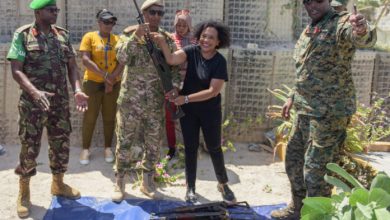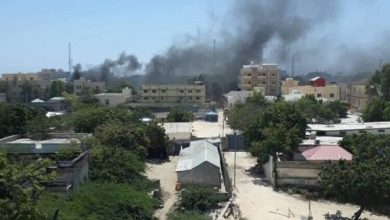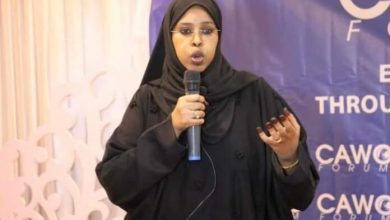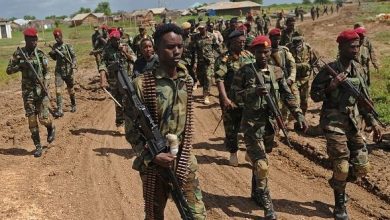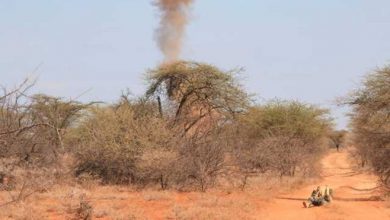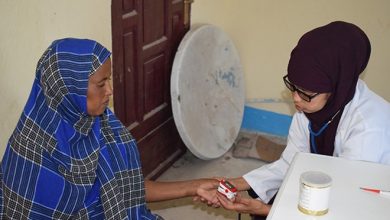World Bank ties Somalia insecurity to illiteracy
A huge proportion of illiterate youthful population and slow economic growth poses security challenge in Somalia even as foreign peace-keeping forces, including Kenya’s troops, prepare to exit the Horn of African state by 2021.
A huge proportion of illiterate youthful population and slow economic growth poses security challenge in Somalia even as foreign peace-keeping forces, including Kenya’s troops, prepare to exit the Horn of African state by 2021.
The World Bank Group says in its latest Economic Update report the war-torn country also faces major problems in providing social services and creating jobs for an ever-expanding youthful population even with access to external resources in the medium term.
“Too few jobs in the future and too few educational opportunities for children in the present may cloud Somalia’s prospects for reducing poverty and boosting shared prosperity,” the bank says in the report published last week.
“Forty percent of Somalia’s population is aged 6 to 18; this crucial demographic must have the opportunity to acquire the knowledge, health and skills to become productive contributors to the national economy.”
The report notes only half of the population is literate, and women have less educational attainment than men across virtually all age-groups. It adds Somalia’s school system will need to be rebuilt from the ground up after years of conflict.
A disproportionately large portion of illiterate young population without jobs imply that extremist groups may target such vulnerable groups for recruitment, undermining national stability.
That demographic structure has hurt human capital formation in the country, whose economy expanded 2.8 percent in 2018 compared to 1.4 percent a year earlier, according to the report titled ‘Building Education to Boost Human Capital’.
“Somalia is laying the foundations for longer term economic development, but human capital development is essential for growth to be inclusive and sustainable,” Hugh Riddell, World Bank
Country Manager for Somalia, said in a statement last Thursday. “Attracting more public and private investment into Somalia’s education sector is therefore fundamental to securing poverty reduction in line with the hopes of the new National Development Plan.”
Kenya has signalled gradual withdrawal of her troops from the war-torn nation after it slashed the estimates of reimbursement from AU Mission in Somalia (Amisom) for this financial year ending June 2020 by 41.17 percent to Sh5 billion compared with estimates for a year earlier.
The 28-nation European Union (EU), the largest contributor of funds to Amisom through the African Peace Facility in April pledged to continue supporting Amisom troops and police, international and local civilian staff salaries, operational costs of their offices, among other costs in the 2019/20 financial year.
The Federal Government of Somalia is together with partners is implementing the Somalia Transition Plan, backed by the UN Security Council and the African Union, aimed at transferring security responsibility to Somali National Security Forces ahead of Amisom’s planned exit in 2021.
About 4,000 Kenyan soldiers are part of the Amisom, presently headed by Ethiopia’s Lt Gen Tigabu Yilma Wondimhunegn.
“It is estimated that the population has been growing faster than real GDP. As a result, the incidence of poverty is still high—about 69 percent, according to the latest estimates from Wave 2 of the 2018 Somalia High Frequency Survey.”
